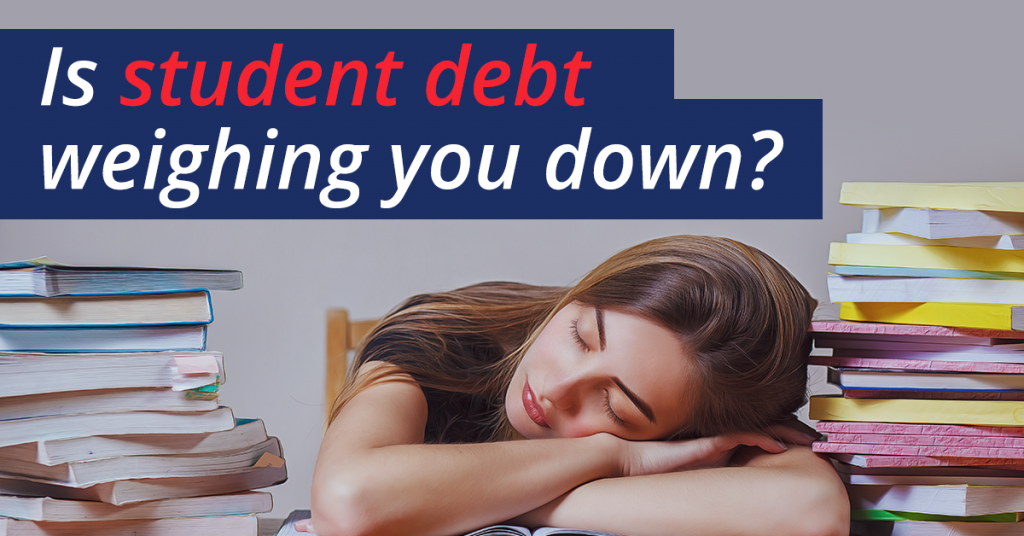Understanding Forex Regulation
The foreign exchange market, despite being the largest financial market in the world, has no formal exchange or centralized location.
With the exception of currency futures and options markets, such as the IMM in Chicago, the trading of currencies has usually been conducted on a global telephone network and more recently via Electronic Communication Networks or ECNs.
Because of the global nature of currency trading, this allows banks and other forex participants to trade currencies 24 hours a day during each day of the business week.
Relative Lack of Regulation in the Interbank Forex Market
Perhaps because of its huge size, the Interbank forex market remains one of the last unregulated markets on the planet. This means that no international agency or watchdog organization regulates the ongoing trading activities of the professional Interbank forex market.
Because of this relative lack of regulation, professional forex traders benefit from being able to use a number of strategies which cannot be implemented in the stock market.
Various Regulating Organizations Protect Forex Customers
Irrespective of the lack of a central regulating agency for the Interbank forex market, many countries have agencies which oversee the foreign exchange operations conducted within their respective nations.
These agencies and their regulations primarily apply to companies doing business for or with customers, such as online retail forex brokers.
Such regulatory agencies also usually prosecute cases that involve fraud and other violations of the financial services laws in their respective countries. They include the following agencies:
-
S. Regulatory Agencies
Because currencies are treated as commodities, and the two-day delivery on spot value trades puts them into the futures category, brokers doing business in the forex market in the U.S. must register as Commodity Trading Advisors or Futures Commission Merchants with a regulating agency. Other types of registration include Commodity Pool Operator and Introducing Broker. The relevant U.S. regulatory agencies include:
-
National Futures Association (NFA)
The NFA consists of a self regulatory organization specifically for the U.S. futures industry. The objective of this agency is to protect investors and maintain the integrity of the futures markets.
-
Commodity Futures Trading Commission (CFTC)
An independent government agency of the U.S. government, the CFTC oversees all brokerage companies doing business in the forex market that are based in the United States. The agency enforces its regulations and actively prosecutes fraud in the forex and other markets.
-
European Regulatory Agencies
The European Union makes each of its member countries responsible for the regulation of its financial markets to conform to its Markets in Financial Instruments Directive or MiFID. In addition, the MiFID “passport” allows companies regulated in one E.U. country to be able to offer services to customers in other E.U. countries.
One especially influential European agency is the U.K. Financial Services Authority or FSA that acts as the United Kingdom’s chief regulator of the financial services industry. The FSA performs a similar role to the U.S. CFTC in Britain.
-
Swiss Regulatory Agencies
The Swiss Federal Department of Finance is a government agency that regulates and oversees financial institutions in Switzerland. The Swiss PolyReg consists of a self-regulatory organization recognized by the Swiss Federal Money Laundering Control Authority. The agency regulates all persons and legal entities with a Swiss domicile that act as financial intermediaries.
-
Australian Securities and Investments Commission
The ASIC regulates all financial markets and services in Australia. The ASIC is the Australian version of the U.S. CFTC and the U.K. NFA combined.


